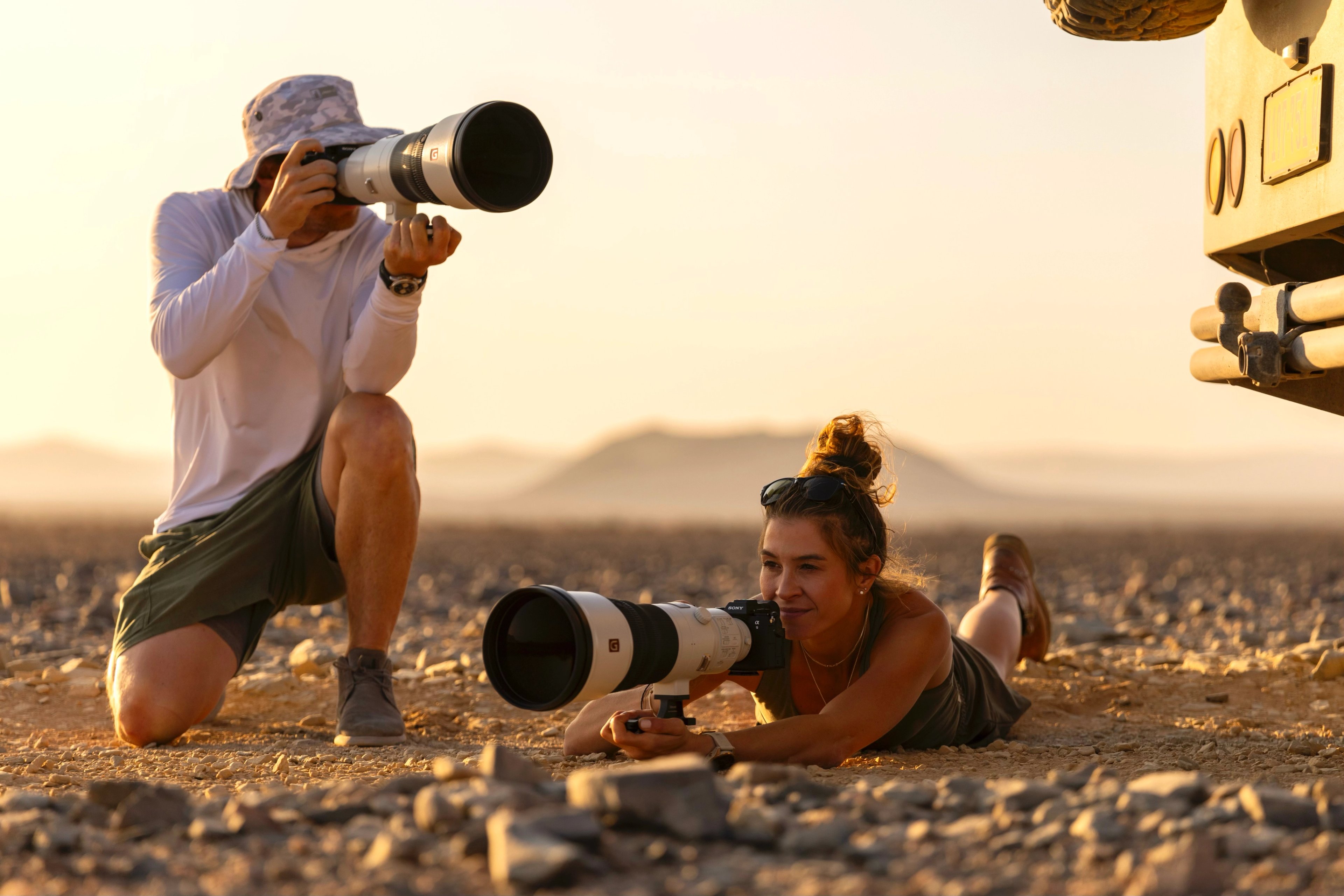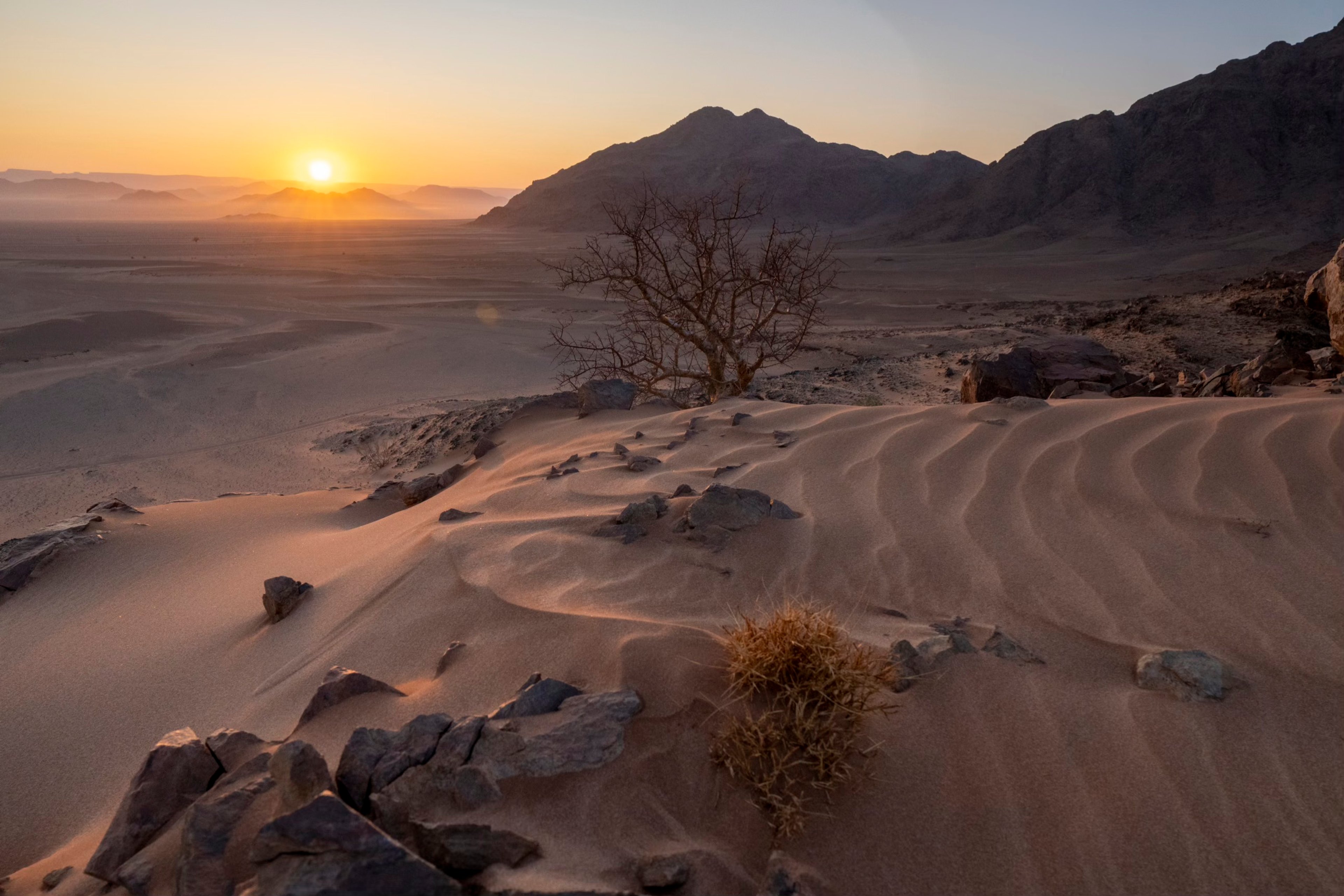“The story of Rwanda’s mountain gorillas is a great demonstration of the difference between ignorance and awareness. Ignorance leads to destruction while awareness leads to protection.” – Prosper Uwingeli, chief warden of Volcanoes National Park, Rwanda
Just over a week ago, the 19th Kwita Izina, Rwanda’s annual baby gorilla naming ceremony, took place in Volcanoes National Park. This annual ceremony is a huge source of pride for the primatologists, conservationists, rangers and wardens who work tirelessly to save this fragile species. Every baby mountain gorilla born is a triumphant symbol of awareness over ignorance. Their very existence is a hard-won success against historically poor odds. But that’s Rwanda for you. This tiny country, so full of resilience and heart, continues to beat the odds.
Some of you have traveled to Rwanda with ROAR AFRICA, trekked through Volcanoes National Park, that mythical rainforest shrouded in mist, and discovered the primordial paradise it holds. The gentle gaze of a hulking silverback acts as a mirror to our own humanity. Suddenly, the world stands still, and an elemental peace settles inside us. As the privilege of bearing witness to one of our closest primate cousins, who share 97% of our DNA, washes over us, one’s heart cracks open. The reality of what it would mean to lose this critically endangered species hits home. To borrow the words of Volcanoes National Park Chief Warden – and my friend – Prosper Uwingeli, you realize that “conservation is life”.
Although gorilla trekking is a highly rarefied experience, and one tightly controlled by the Rwandan government, the expedition can be made accessible to travelers of all physical abilities (those unable to walk or who struggle to climb can be carried) and fitness levels, and any age above fifteen.







